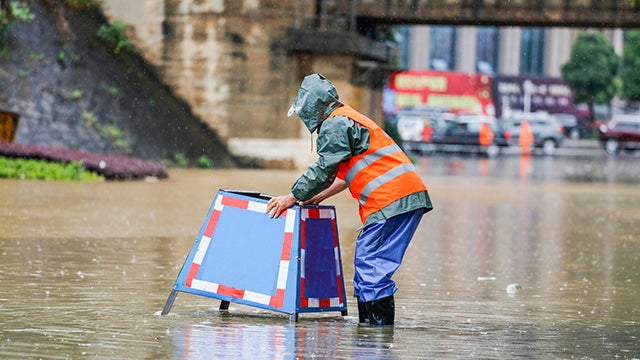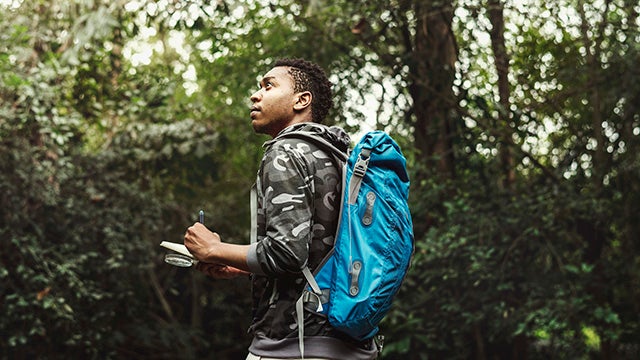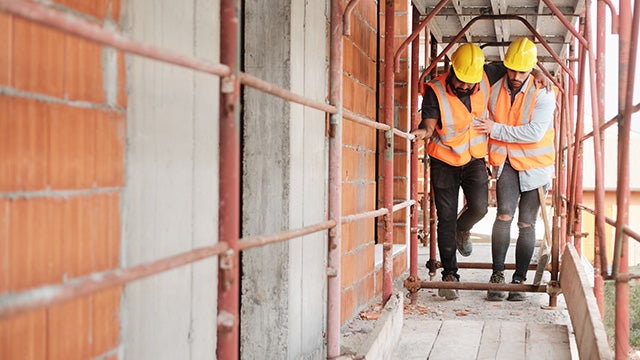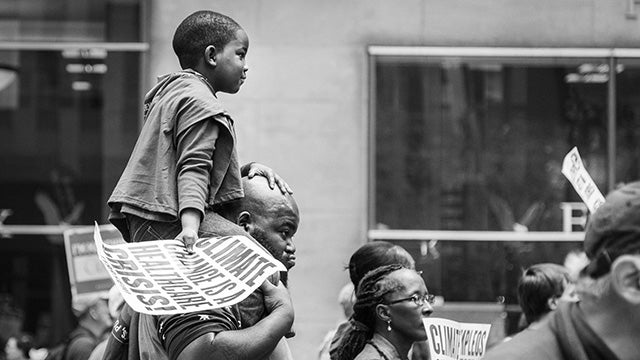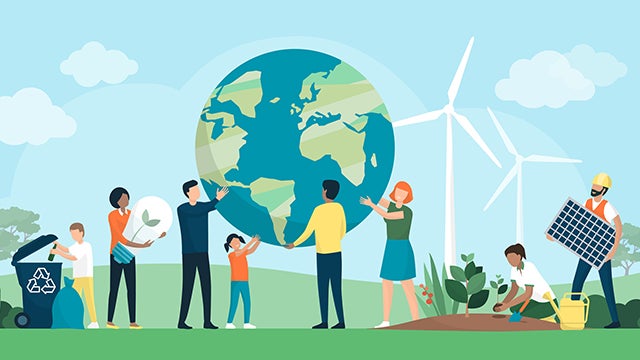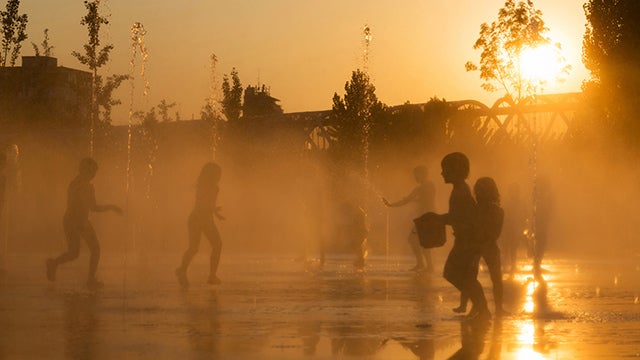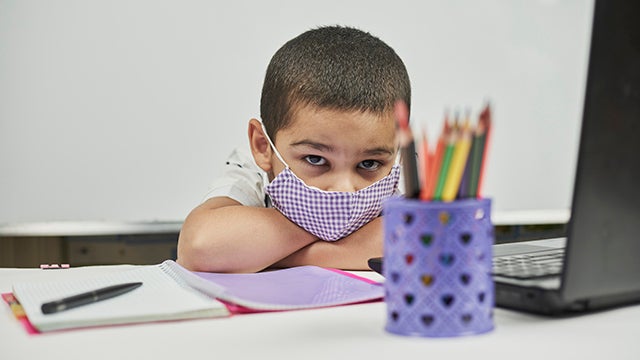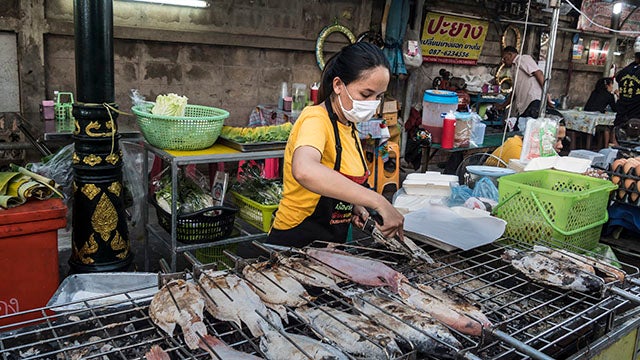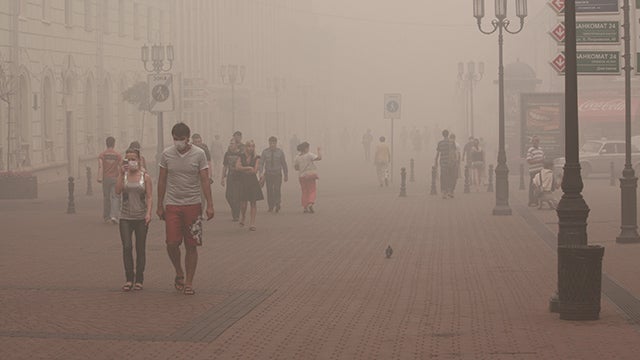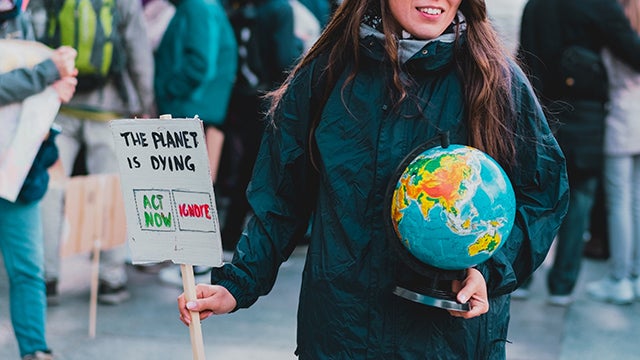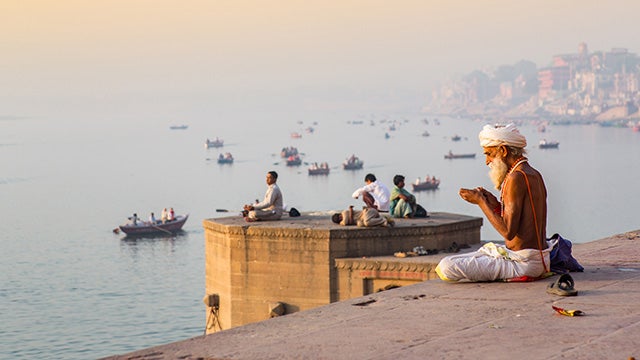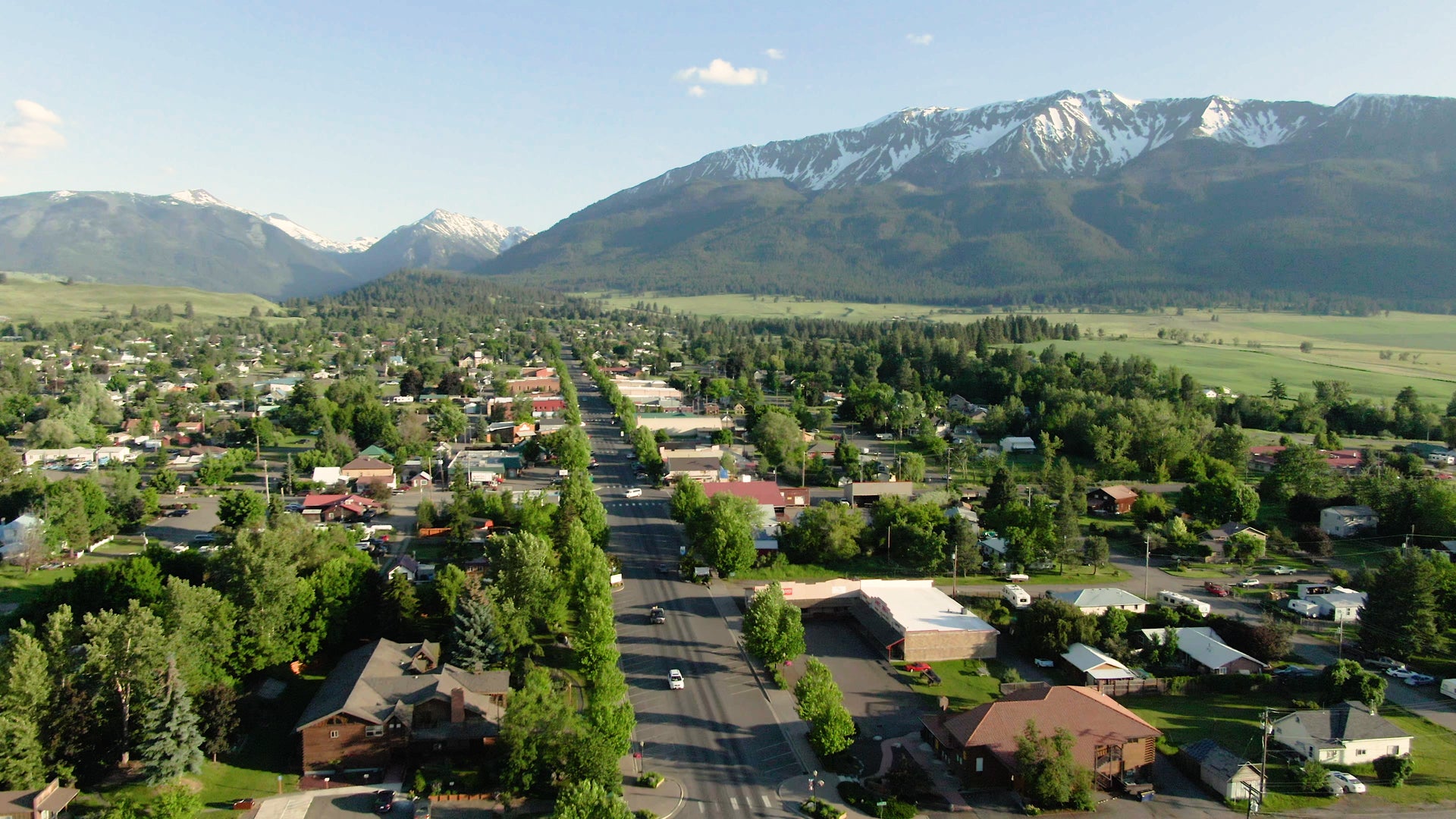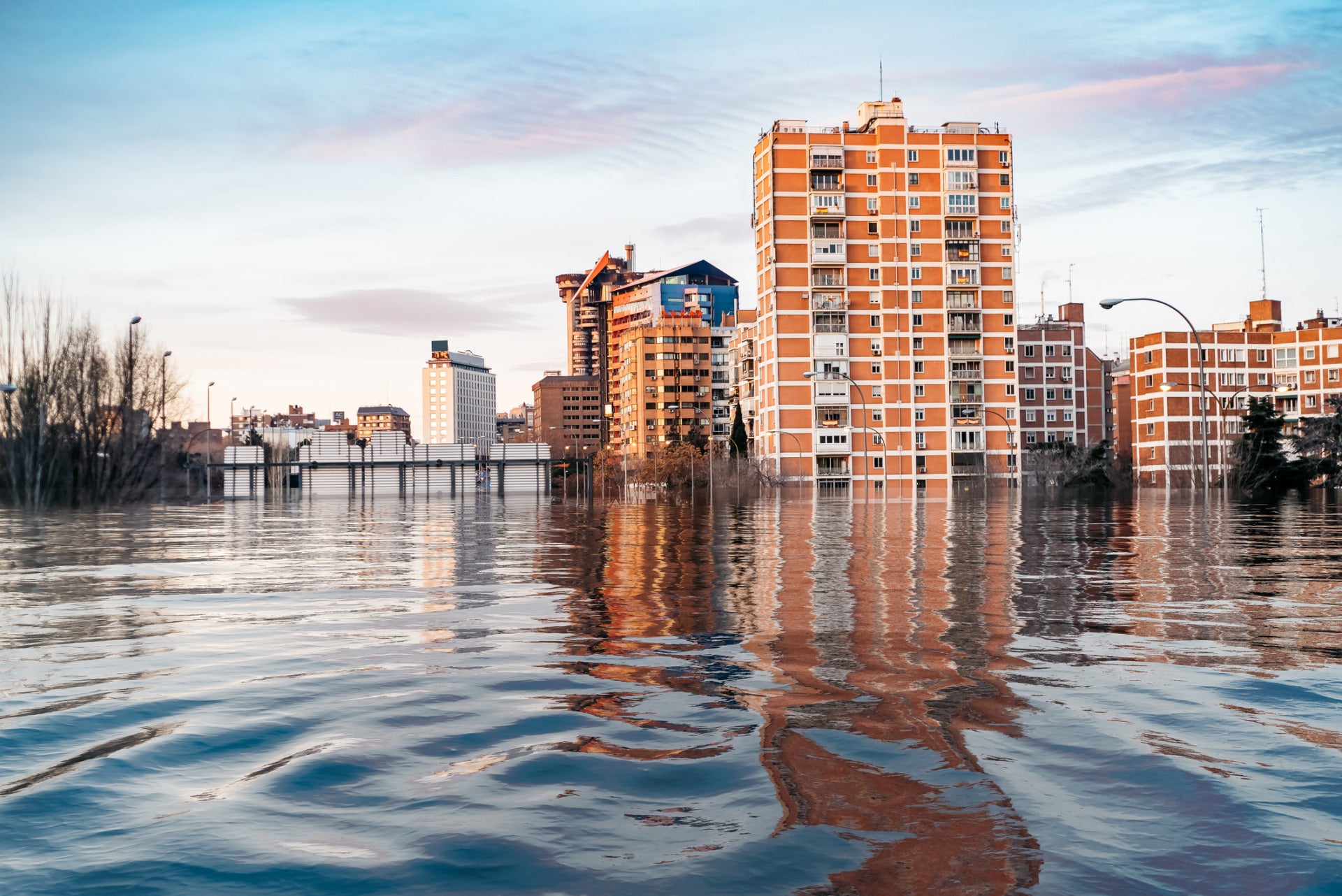In Focus: Climate
Climate change isn’t just one thing; it is a series of challenges that touches every aspect of life on this planet. It is a uniquely human issue and will take a superhuman effort to keep us from global catastrophe. Fortunately, there are a number of brilliant thinkers, energetic doers, and unencumbered inventors working on solutions. Their combined and directed efforts are showing us a hopeful path forward.
The Aspen Institute’s programs reflect an astounding diversity of focus and purpose, much of it touching on the health of our planet and the welfare of the humans that inhabit it. We’re proud to showcase some of that here and at Aspen Ideas: Climate, an annual climate-solutions event taking place in Miami Beach from May 9-12, 2022. Join the conversation.

